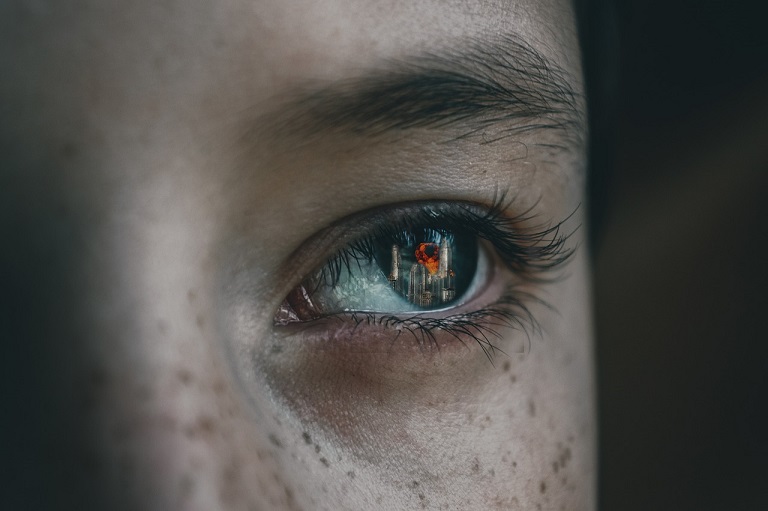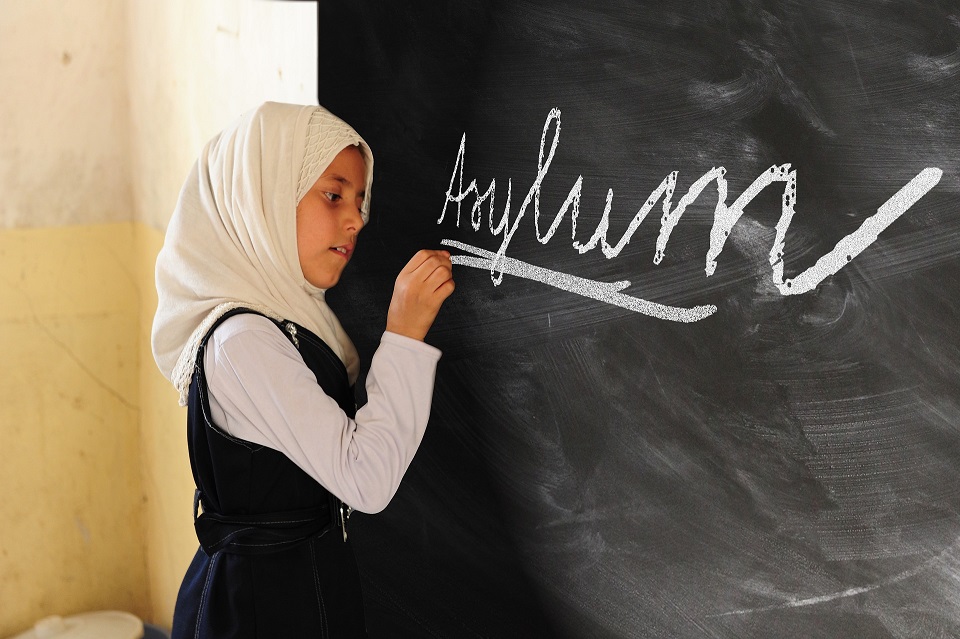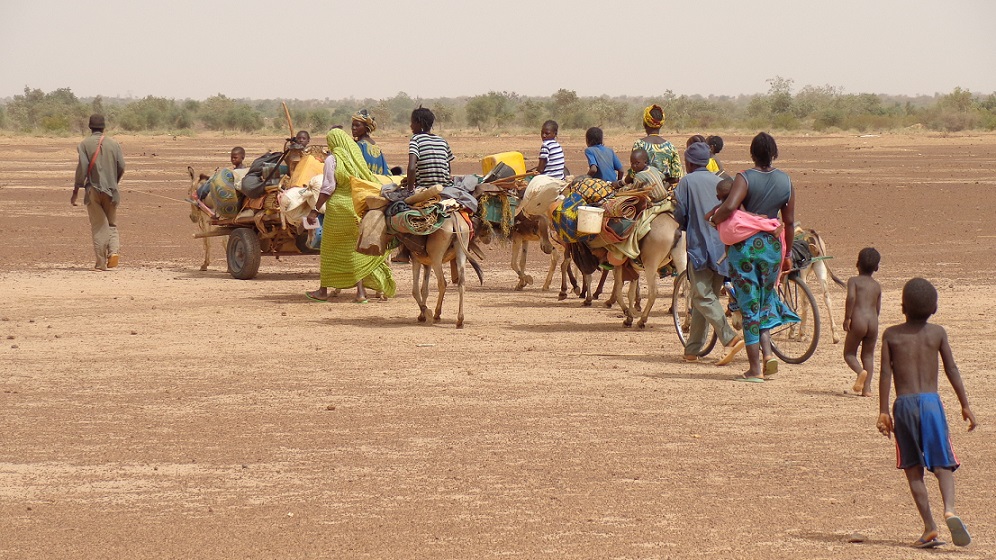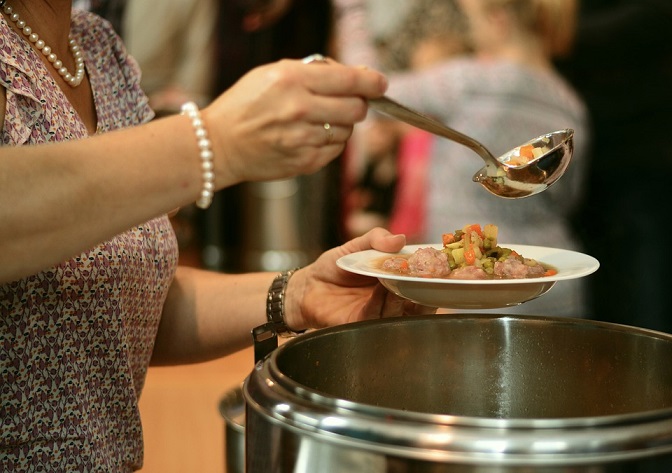The only humanitarian ‘urgency’ for the government in relation to the hundreds of thousands of refugees in Europe has been to talk about ‘fixing’ the countries from which people are fleeing.
 Mabel Encinas
Mabel Encinas
Opening the doors to refugees was discarded in the UK so far in spite of the situation of this large number of human beings in need of our support.
People are being killed by war. Of those who have the fortune to leave their countries, hundreds have drowned trying to cross the Mediterranean, this year, and hundreds of families are on the roads and streets of Europe hoping to find a friendly hand.
The crises in Syria, Palestine, Afghanistan, Iraq and Eritrea, to name a few, were not, as it is often presented by the media, isolated conflicts originated within their national borders.
In the case of Syria’s conflict, for example, Saudi Arabia, the US and the European Union, as well as Iran and Russia, at least, have been involved, to the extent that it has been called a proxy war.
Many interests are at stake and many individuals and countries are getting something out of the conflict (control on oil, strategic location and weapon’s profits, among others).
 Refugees are a particular kind of migrants. They are not looking for ‘a better life’, my partner pointed the other day, challenging TV news reporters.
Refugees are a particular kind of migrants. They are not looking for ‘a better life’, my partner pointed the other day, challenging TV news reporters.
This way of presenting their situation would seem to be comparing them to adventurers pursuing a quest.
Refugees need to leave their countries in order to survive.Their struggle is not only their individual experience of fear, but the social situation in which their safety, their life, is at risk.
The path to life for many refugees is a long steep climb on the European map, which covers Turkey, Greece, Macedonia, Serbia, Hungary, Austria and Germany.
This is because Germany suspended the Dublin Regulation, according to which asylum seekers are assessed by the first EU country they reach.
For this reason, refugees can enter Germany from other European countries.
 In the meantime, in the UK, the delay of the Eurostar was reported as ‘appalling’, a real ‘ordeal’, which is fair enough if we think about the travellers’ experiences.
In the meantime, in the UK, the delay of the Eurostar was reported as ‘appalling’, a real ‘ordeal’, which is fair enough if we think about the travellers’ experiences.
However, considering such adjective and noun, now we would need new words that can express how awful and horrifying the experience is for refugees in Europe, and how much suffering it entails when they survive their families’ and friends’ being killed or drowning (in front of their/our eyes) in the Mediterranean, and for whom feeling grounded again seems so elusive. We also need words in order to define the character of their lives at refugee camps and on the roads, in precarious conditions and with all the risks they face to survive. In spite of this, for many people it is still their problem (yes, the problem of those who flee war and whose status is reduced to the category of ‘asylum seekers’).
The survival of the fittest has been naturalised (presuming that selfish behaviour is what is available by ‘nature’), disregarding mutual aid among animals of the same and different species.
 Paradoxically, this distorts simultaneously a wider understanding of the natural world, and the potentials of our humanity.
Paradoxically, this distorts simultaneously a wider understanding of the natural world, and the potentials of our humanity.
Maybe you have been discussing with friends and colleagues what could be done. If we work together, the impact can be greater.
We can at least participate in campaigns (signing petitions and participating in demonstrations, for example) to change the government’s position towards refugees.
We can also contribute to charities who work with refugees and even work together with friends and colleagues in order to offer support to refugees. How many refugees can our communities welcome? Could we make a difference in the answer to this question? Unlike those seeking refuge (who struggle a lot and show resilience, but who do not have the power to radically change the situation), we are not powerless. (The Prisma’s memoirs)
(Photos: Pixabay)












.jpg)












